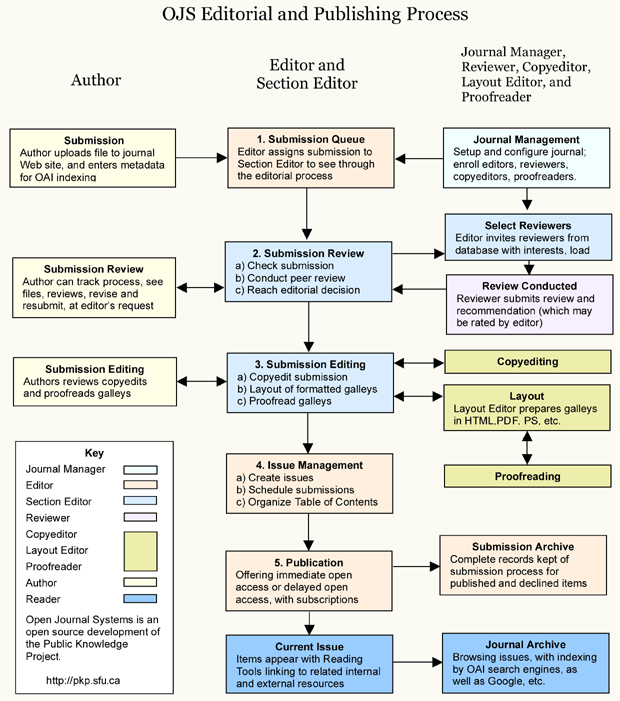Focus and Scope
Jurnal Al-Marshad is a media publication manuscript that contains the results of the Field Research applying peer-reviewed. Manuscripts published in the Jurnal Al-Marshad includes the results of scientific research original articles scientific reviews that are new, Jurnal Al-Marshad accepts manuscripts in the field of research that covers scientific fields: Islamic astronomy observatory and others.
Section Policies
Articles
Peer Review Process
Jurnal Al-Marshad implement each accepted manuscript will go through a review process by the Editor and reviewers, using a Double blind Peer-Review Process, which the reviewer does not know the identity of the author, and the author did not know the identity of the reviewer.
Jurnal Al-Marshad implement policies Double Blind Peer-Review, every manuscript received will be sent to Reviewers who registered in The Jurnal Al-Marshad. The review process lasts a maximum of up to 30 (thirty) days with the allocation of time given to each reviewer to complete its review process is a maximum of ten (10) working days. If the partners designated bestari previously not able to finish his review work within the time limit specified then chairman of the Chairman of Editorial Board will appoint a replacement to do a review Reviewers manuscript.
In the review process, reviewers provide considerations relating to compatibility between the title, abstract, introduction, discussion (results) and conclusion. In addition reviewer also give consideration associated with novelty, scientific impact and references used
Review Process:
1. Author submit the manuscript
2. Editor Evaluation [some manuscripts are rejected or returned before the review process]
3. Double-blind peer review process
4. Editor Decision
5. Confirmation to the authors
EDITORIAL PROCESS

Open Access Policy
Al-Marshad: Jurnal Asrtonomi Islam dan Ilmu-Ilmu Berkaitan, provides open access service, which means that all the content is available free of charge either person or institution can directly access this journal freely to the public that supports the exchange of global knowledge. Users are allowed to read, download, copy, distribute, print, search, or link to the full text articles in this journal without asking for prior permission from the Publisher or author.
Archiving
This journal utilizes the LOCKSS system to create a distributed archiving system among participating libraries and permits those libraries to create permanent archives of the journal for purposes of preservation and restoration. More...




